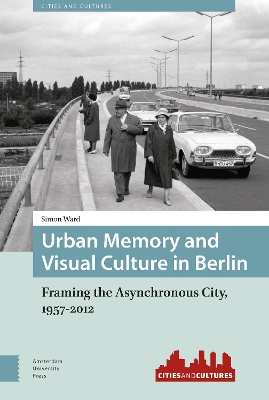Cities and Cultures
1 primary work
Book 5
As sites of continual change and transformation, cities are fundamentally forgetful places. Yet at the same time, urban areas are also homes to museums and archives that collect and exhibit the past-a key cultural, political, and economic activity. This book looks at that paradox through the example of Berlin to see how the city has responded to challenges to memory created by rapid changes in politics, economics, society, and the built environment, ultimately arguing that the recovery of the experience of time is central to the practices of an emergent memory culture in the contemporary city.
